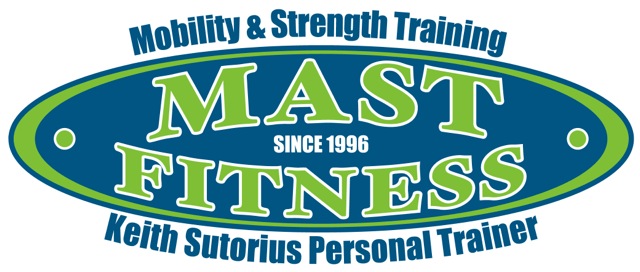Given enough time it can happen to you. Some examples: I will never get weak, get
cancer, have a heart attack, suffer a stroke, end up in a nursing home, etc.
In 1999 our lives where changed forever when my wife was
diagnosed with Ovarian Cancer. The Doctors at Washington University and Barnes
Hospital consider Ovarian Cancer a chronic condition that you will have to deal
with the rest of your life. We are still dealing with it today.
Unlike an unknown like Cancer, if you live long enough you will have to deal
with the effects of the aging process.
What do I consider the three most important effects of the
aging process?
1. Changes in posture brought on by the effect of gravity
(that never rest) and our lifestyle. (How much time do we spend sitting,
standing, bending over, squatting, etc.)
2. The loss of muscle mass called sarcopenia (or flesh
wasting). On average an adult losses around half a pound of muscle per year
unless they do something to hold onto as much muscle as possible.
3. The weakening of our cardiovascular system due to improper
diet (lack of key nutrients), lack of proper exercise, exposure to too much of
certain chemicals.
When we are young (less than 30 years old) most people don’t
think about how they are aging. It is
human nature to not consider needing to change anything about our lifestyle
until we are forced to by a life changing event.
Imagine if you thought this way about automobile maintenance.
Drive your car until it runs out of gas, then fill the tank. No need to change the oil, just replace the
engine after it fails. Look at this AAA ad:

Why do we spend so much time and money on our cars, yet don’t
consider what is happening to our bodies due to a lack of proper maintenance?
We are told how often to have parts replaced/changed or our cars are regular intervals.
We know when our car begins having trouble that it needs work.
The changes that occur in our bodies can take decades to
have enough of an effect for us to deal with them. We might think that when we
begin starting to have trouble getting up from our chair is just a normal part
of getting older. Sure you have fallen a couple of times this year, what do you
expect, you are getting old. (not as much as getting weaker)
What do I recommend you do to prepare physically for getting
older? Get to know how your body is suppose to work.
What about having a body care check list?
1. Work on your posture daily with simple exercises such as
the prisoner of war pose, hip hinges, deep squats, (which are also great for strength
and mobility) and various shoulder blade mobility work.
2. Two to three times per week build up strength with exercises
like squats, lunges, hip hinges with extra weight, overhead presses if your
shoulders are ready for them. They must be challenging enough to stimulate muscle
growth. Think rep ranges of 4 – 12 reps and work multiple muscle groups at the
same time. Perform them standing as much as possible to have the most effect on
balance at the same time.
3. Find a daily (4 – 6 times per week) activity you love to
do that keeps your heart rate elevated for longer periods of time (20 – 30 minutes)
like walking, bike riding, swimming, etc.
4. Work on your balance most days (5 – 7 times per week) with
simple exercises such as clock steps, heel to toe, teeter totter, large
stepping movements, one legged hip hinges (without and with shoulder movement) at
many different angles. etc.
Performing your daily maintenance will help minimize the
effects of the aging process. Ignoring the aging process will not make it go
away. What are you going to do today to
begin preparing for getting older?

